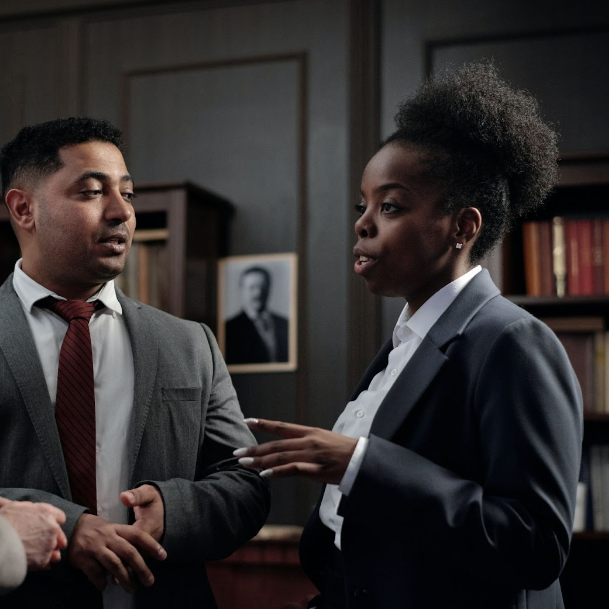Brendan W. Caver DCFS, Juvenile, and Criminal Defense Attorney
Are Police Allowed to Question My Child if I’m Not Present?
Are Police Allowed to Question My Child if I’m Not Present?
Understanding voluntary statements
If children do decide to talk with police but have not been placed under arrest, they are free to go at any time. However, any voluntary statements they make to police while not detained can later be used against him or her in court, because police did not have to use coercion to extract those statements.
The voluntary nature of these statements is crucial. These statements can only be used against the child when they have been made voluntarily. If the child was forced to answer questions or was tricked into admitting against their will to committing a crime, the statements would then be inadmissible in court, as they would violate the child’s Fifth Amendment rights that protect citizens from bearing witness against themselves.
Keep in mind that the court processes for children can be a bit different than for adults. Most children will not face a full-on criminal proceeding, but will instead have a case in which they’ve committed a crime handled in juvenile court. The stakes in juvenile court are lower—punishments include counseling, probation and community service.
If police do decide to take a child into custody or take action that would make any reasonable person believe they were being taken into custody, any questioning is then considered custodial interrogation. In these circumstances, statements made by the child would only be admissible in court if the child was given his or her Miranda rights, which include the child’s right to remain silent and speak with an attorney. Any evidence gained from questioning without having read the child his or her Miranda rights is inadmissible for court.
As you can see, many of the rules for questioning children are the same as those for questioning adults. As parents, it is important to understand that police do not need to seek out your permission to question your child. An experienced juvenile defense attorney in Rockford, IL can provide additional information about your child’s legal rights. Contact the Law Office of Brendan W. Caver DCFS, Juvenile and Criminal Defense Attorney to learn more.
Recent Posts







